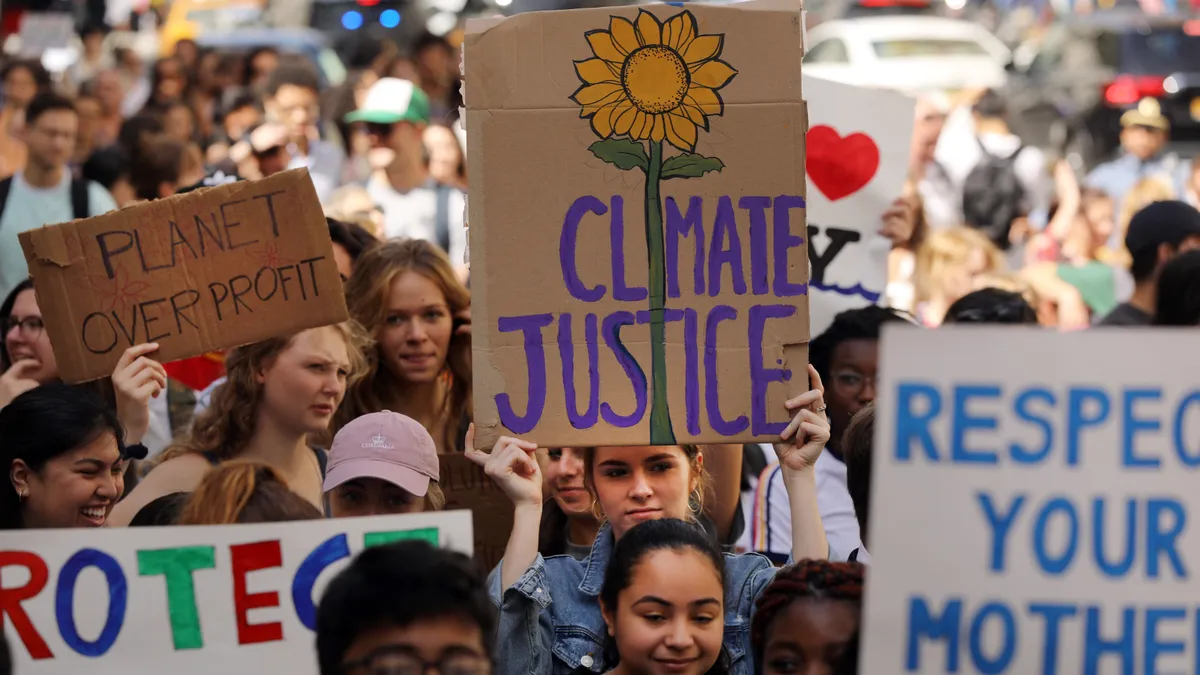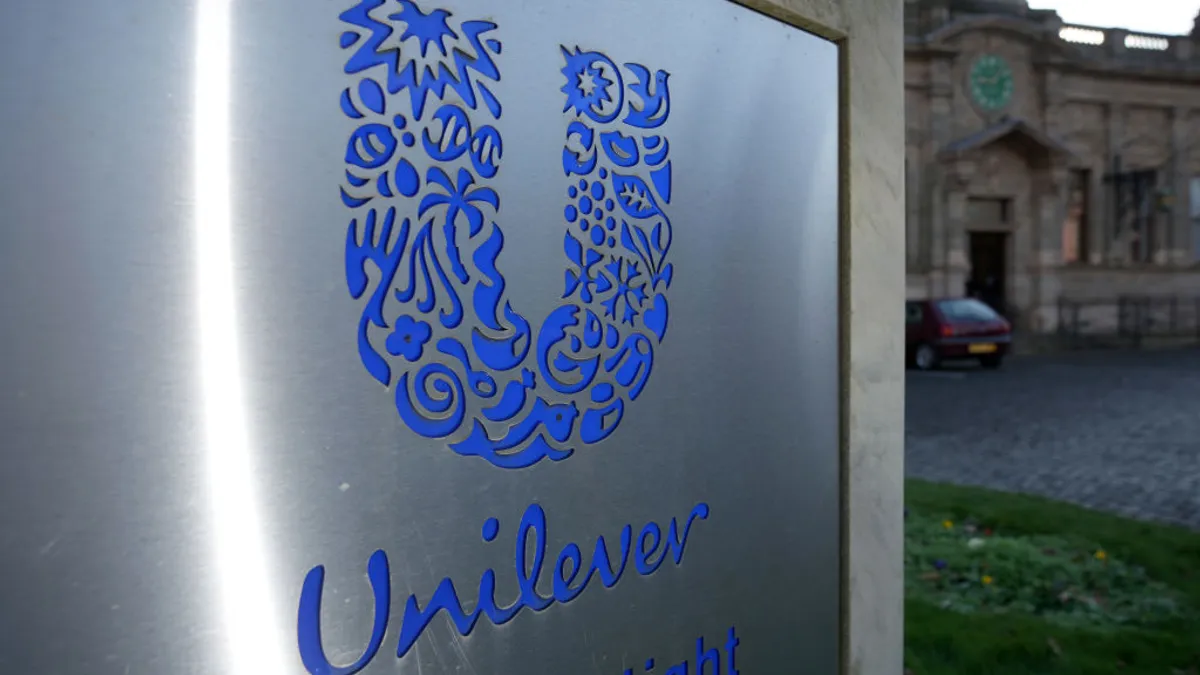The following is a guest piece by Katie Harrison, partner and founder of social impact agency WRTHY. Opinions are the author’s own.
Through glossy million-dollar media campaigns, fossil fuel companies continue to greenwash their images, downplay the climate crisis and distract with communications about renewable energy. Lawsuits against their deceptive advertising and the recent call on ad agencies to ban fossil fuel clients are important measures. Still, an essential gap remains in public awareness of the actual role fossil fuel companies play in the climate crisis.
"Climate change is the mother of all stealth taxes paid by everyday people and vulnerable countries and communities. Meanwhile, the Godfathers of climate chaos – the fossil fuel industry – rake in record profits and feast off trillions in taxpayer-funded subsidies,” said U.N. Secretary-General António Guterres in a speech timed to World Environment Day in June.
The definition of a stealth tax is a financial burden unwittingly shouldered by ordinary people. Fossil fuel companies are the biggest accelerators of climate change, the effects of which we are seeing at this very moment through record heat waves, abnormal hurricane patterns, escalating wildfires and disrupted animal habitats. Yet instead of paying tax on their multi-billion-dollar profits to offset the damage, Big Oil and Gas continue to receive millions in tax breaks and subsidies from governments worldwide. Depending on which candidate prevails in November, those breaks could get even more significant here in the U.S. Who’s left footing the bill? Everyday citizens struggling to keep their families safe and their power on.
Here’s how marketers can begin to educate audiences about these issues with their skills as strategists and creatives.
Embrace creativity
The climate crisis is a communications crisis; we should be embracing the best creative ideas to help solve it. As marketers, we have seen the power of creative global campaigns to help accelerate change on some of the world's most challenging issues by engaging more people around the world and giving them the ability to act. We have an opportunity to accelerate change by reaching beyond the existing climate community. We have to break through the jargon. We need stories that move people to care. We can motivate people by showing them what their collective power can achieve. We must inspire people with what is possible. As an industry we can help build a cleaner, brighter, safer future for all.
Transition the narrative
Countering the message of a behemoth industry with deep pockets might sound impossible, but it’s been done before with tobacco. Unlike cigarettes, society can’t ‘quit’ oil and gas cold turkey; we still need it. But we can use studies and statistics — like recent reports showing Big Oil has known the dangerous effects of fossil fuel emission for decades — to spotlight their duplicity, unmask their predatory business practices and amplify the need for regulation.
Humanize the impact
Today, much of the discourse about the crisis is communicated in data, science and facts. The crisis is complicated, and the data is stark and often difficult to understand. An issue compounded by fossil fuel disinformation.
The climate crisis is about people. People are being harmed every day. Right now, the climate crisis kills more people than HIV, Tuberculosis and Malaria combined and will displace 1.2 billion people globally by 2050.
People are also inventing solutions every day. Human ingenuity is a great weapon. We have much to learn from Indigenous communities, rural communities and those dealing with the frontline effects of the climate crisis .
Prove every issue as a climate issue
The climate crisis isn’t a future existential threat, it is impacting our families and our communities here and now. The climate crisis means children can’t go to school, farm crops are in ruin, fresh and clean drinking water is scarce, homes and incomes are lost and people are displaced. If you care about gender justice, economic justice, racial justice, Indigenous justice, health justice, migrant justice, environmental justice, reproductive justice and education justice — you must care about what’s happening to our climate.
Unite and mobilize
We need more unified mass mobilization campaigns that reach a global audience. Without them, the fossil fuel industry will continue spending millions to misinform and divide us. By joining together, climate justice leaders all over the world can create a larger, louder, and stronger voice. Project Dandelion, a women-led global campaign for climate justice, is one, helping leaders and social justice organizations show solidarity and use their united voice to increase public pressure on policymakers to reject fossil fuel organizations and lobbyists.





















